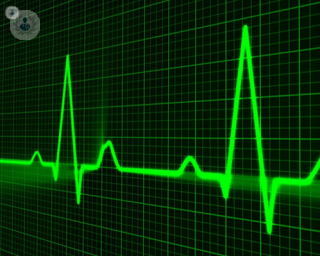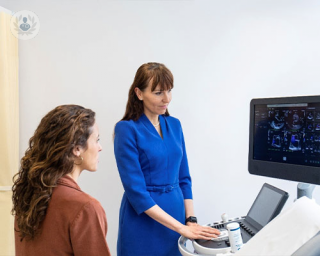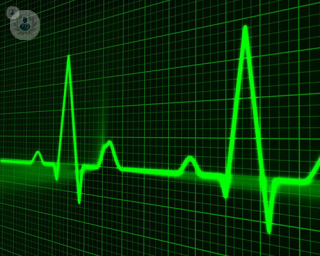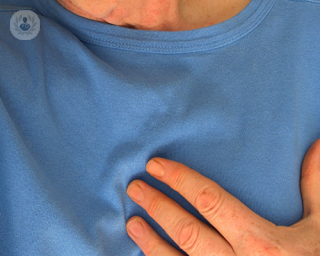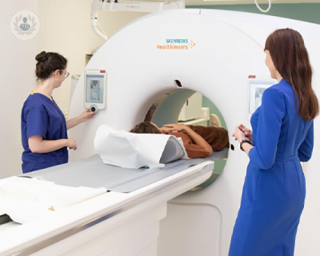
By Dr Gosia Wamil
22.10.24
Cardiology
Understanding non-invasive tests for cardiological chest pain
If you've ever experienced chest pain, you know how worrying it can be. Thankfully, there are several non-invasive tests that doctors use to get a clear picture of your heart and help determine what's causing the pain. Here’s a simple guide to three common tests your cardiologist might recommend.



